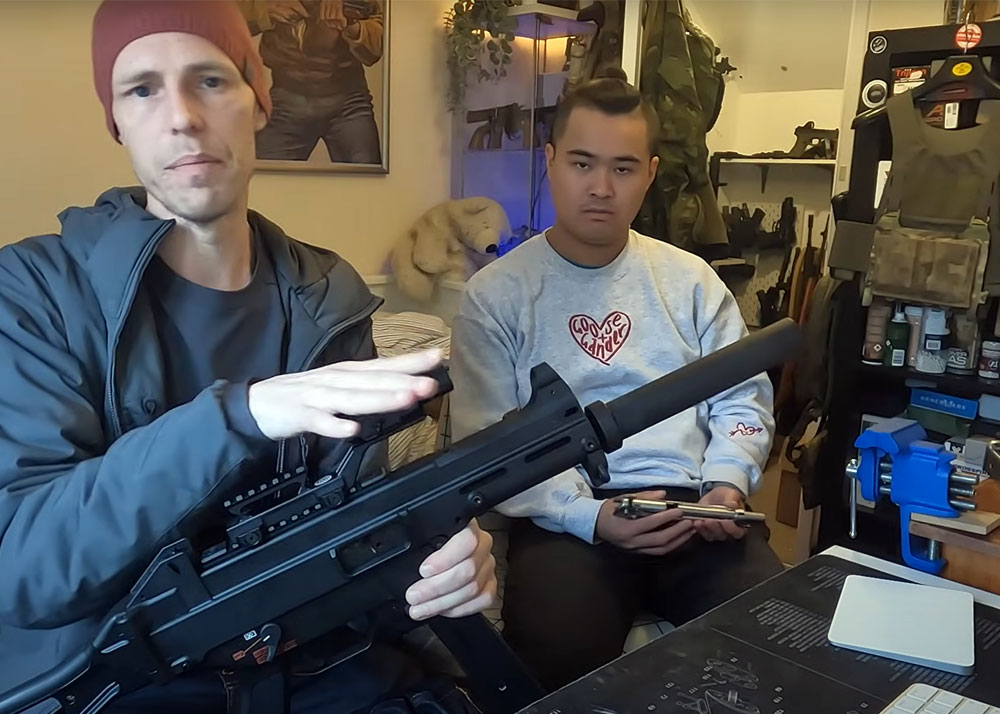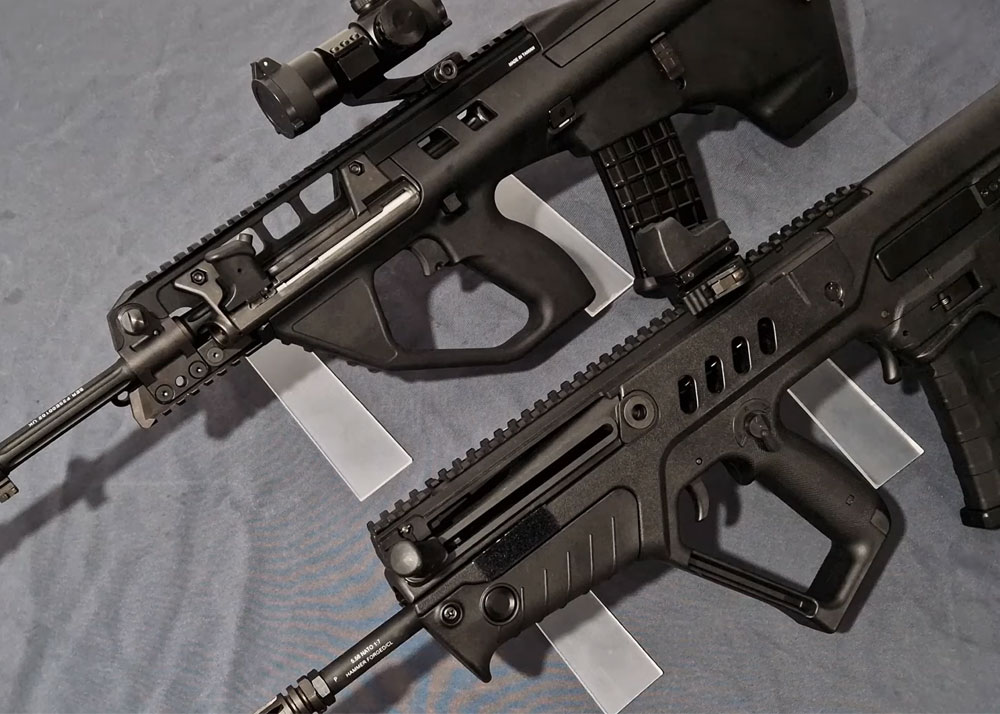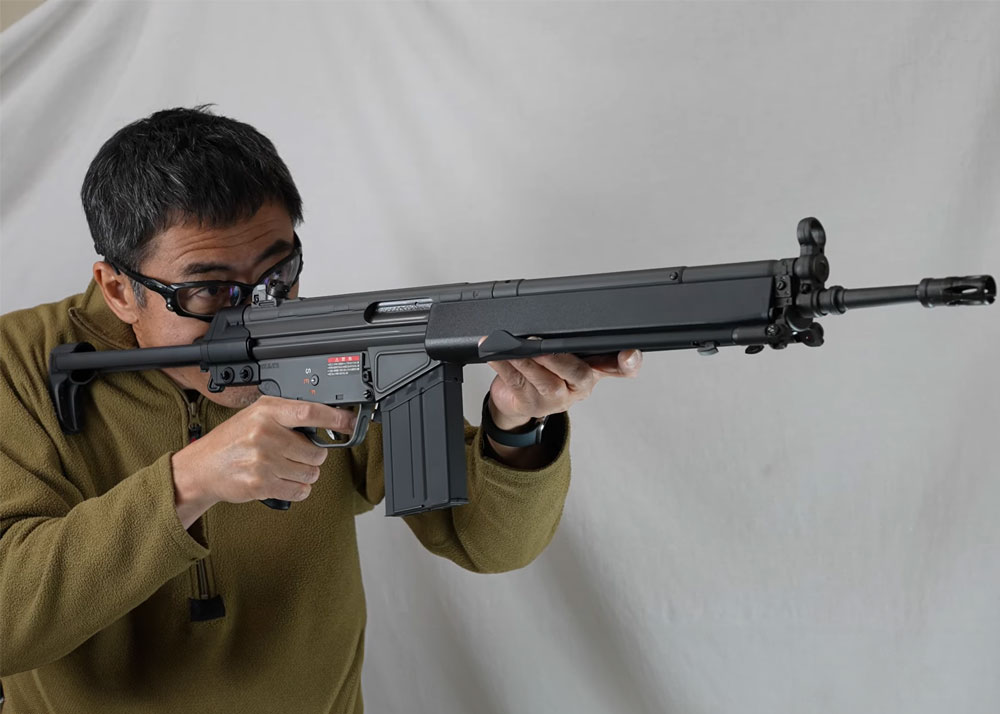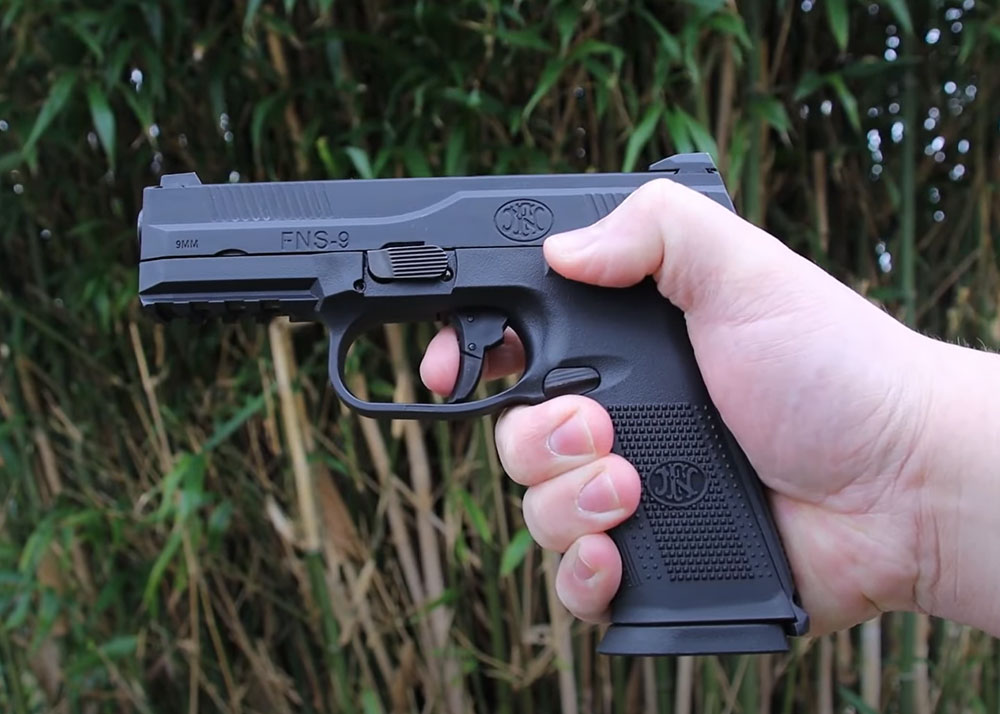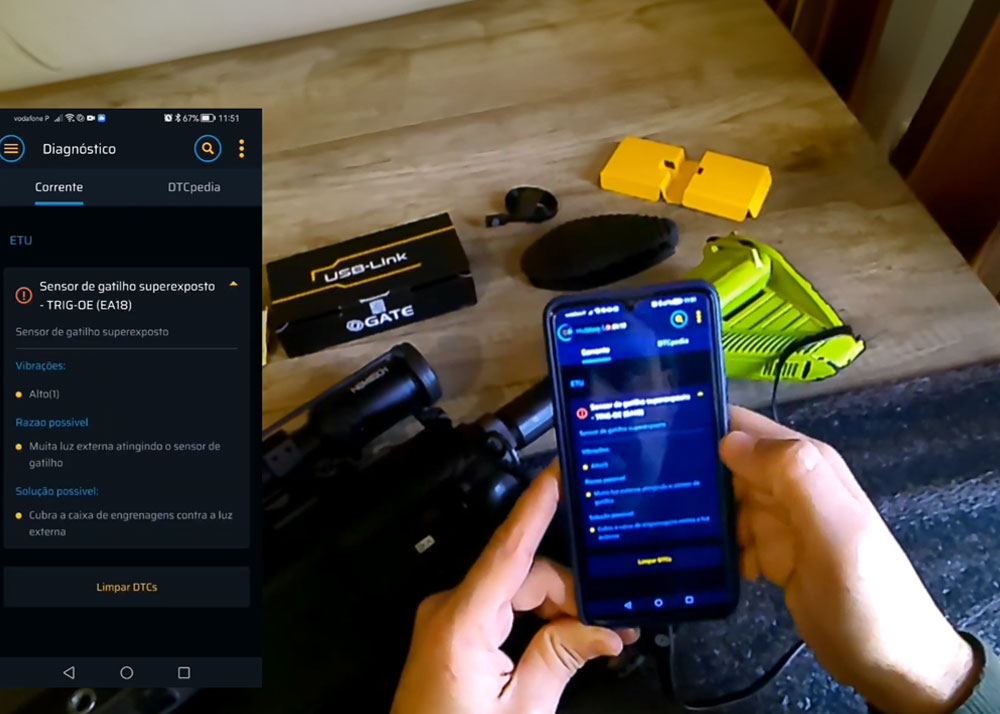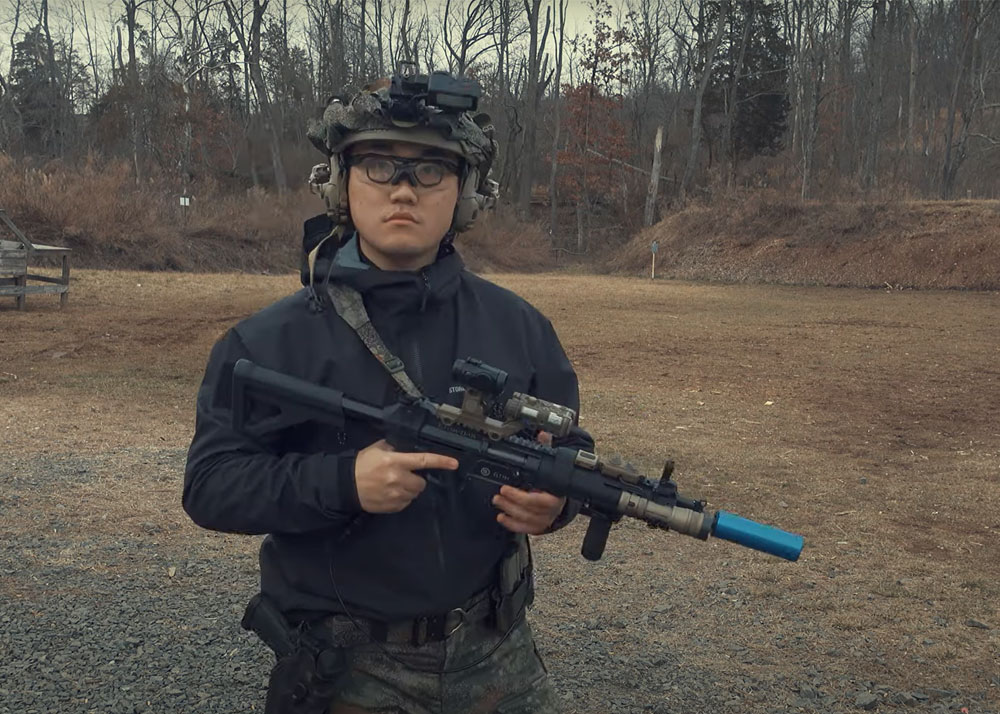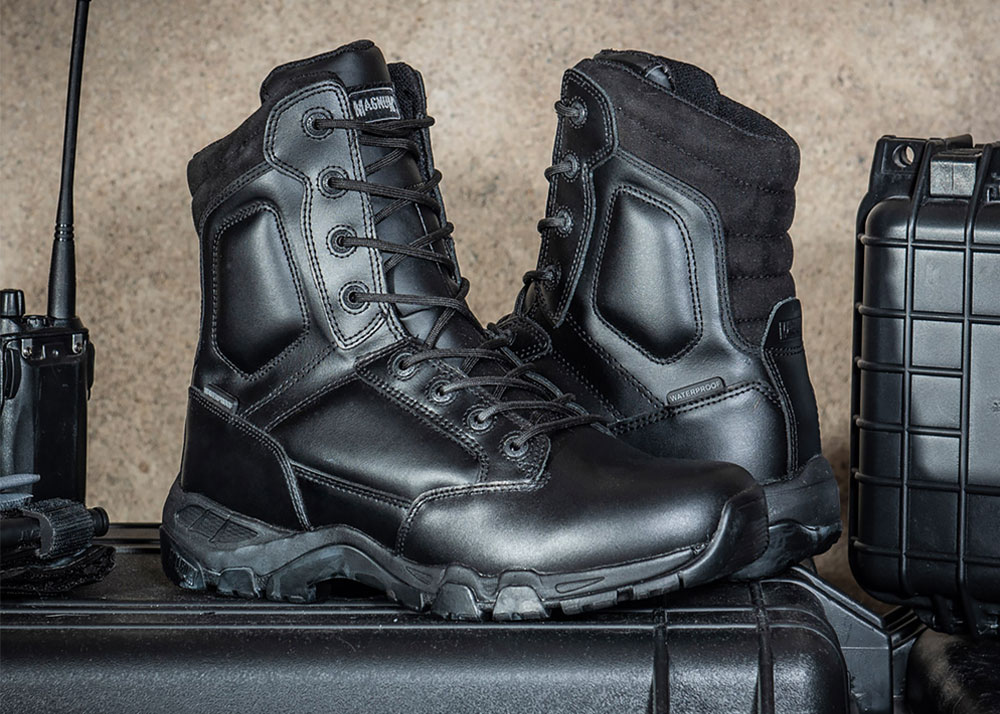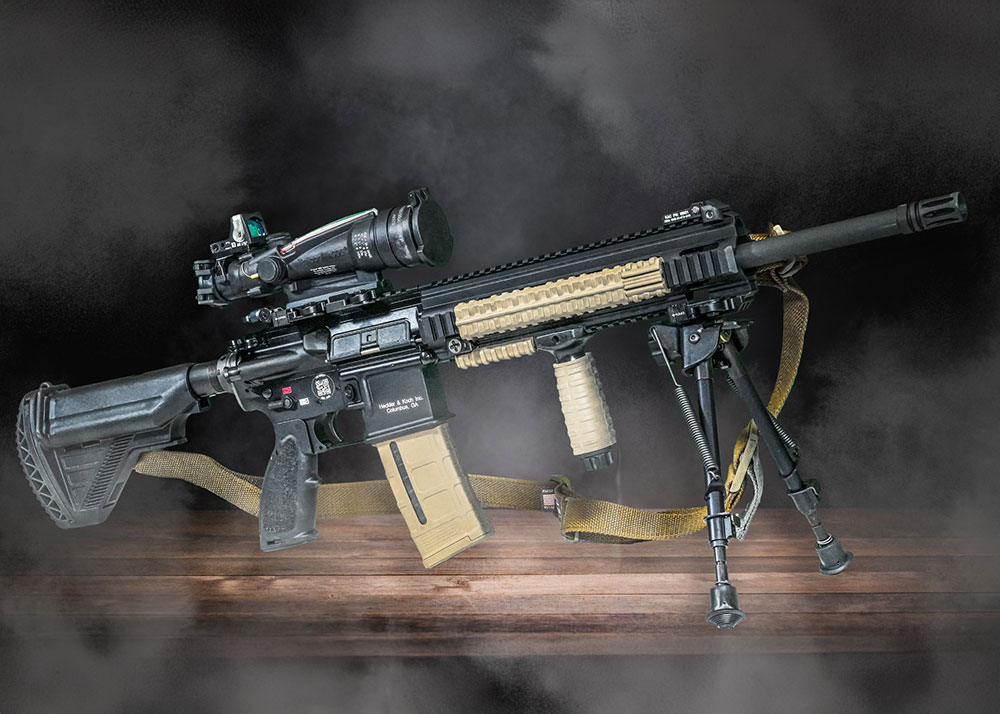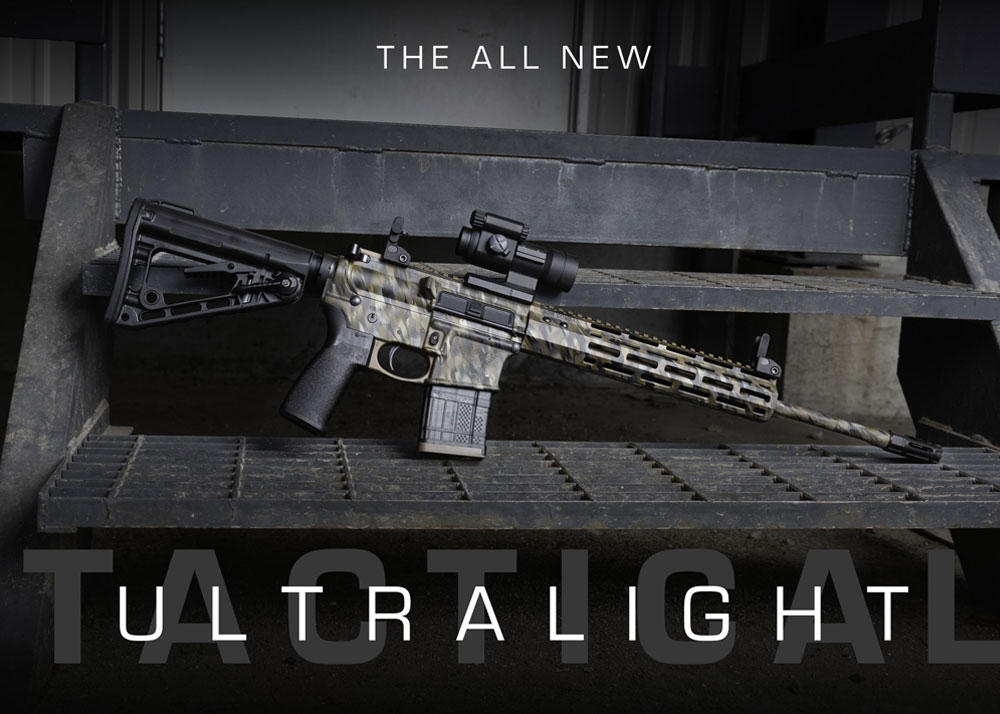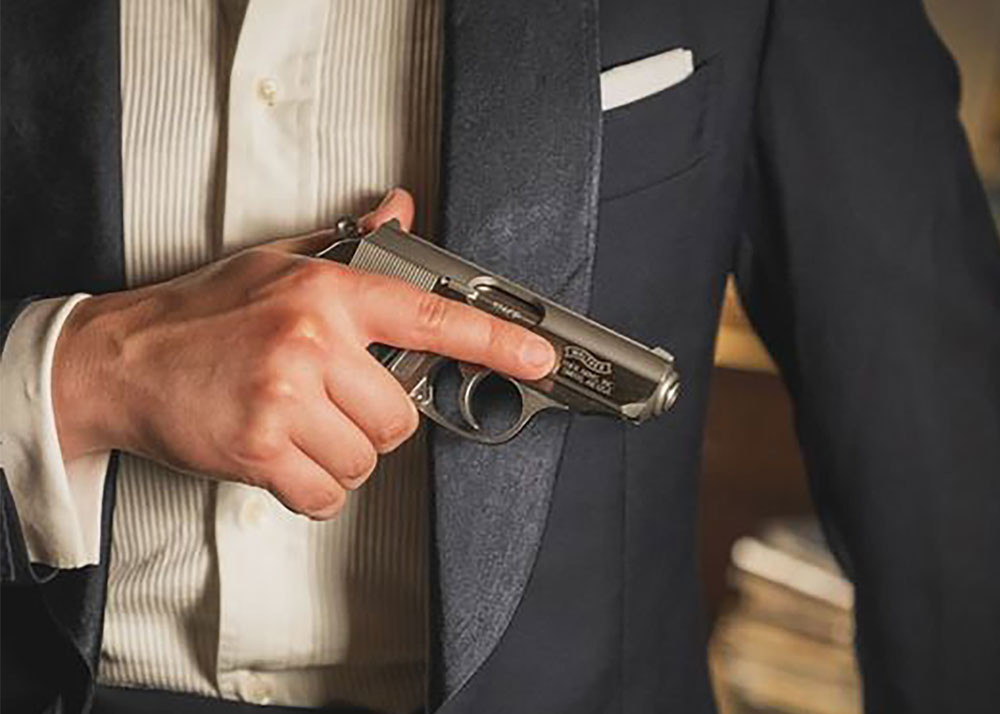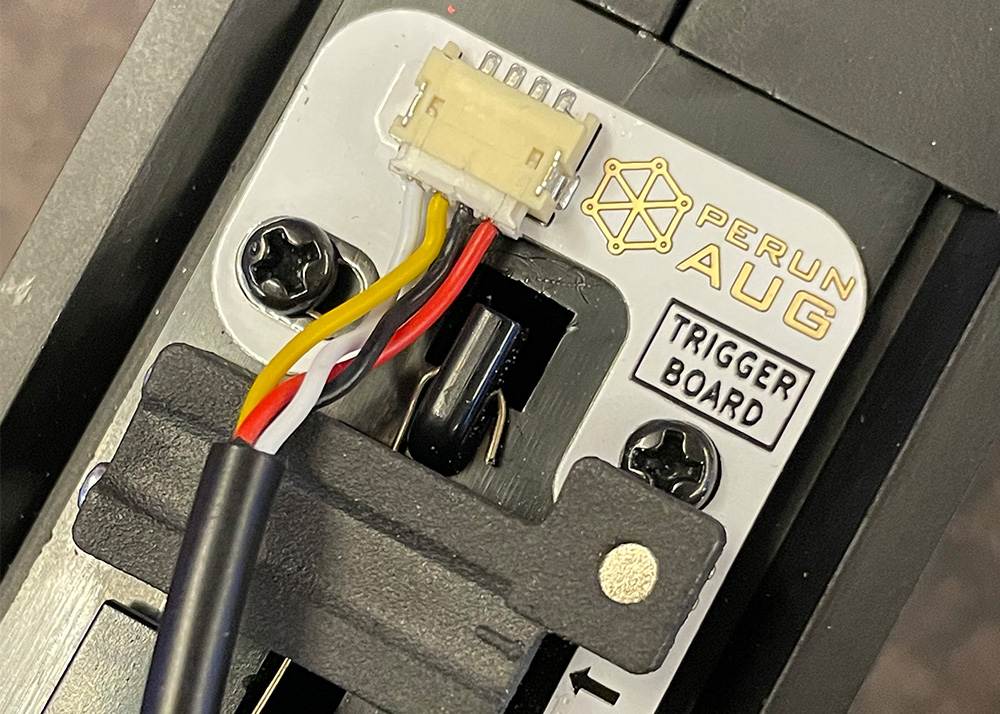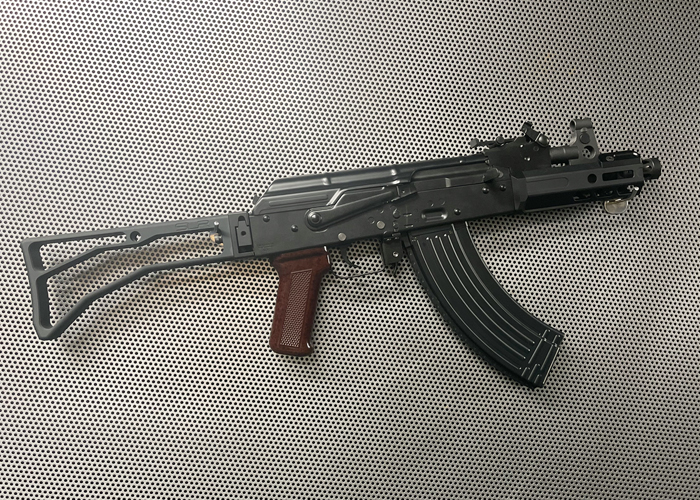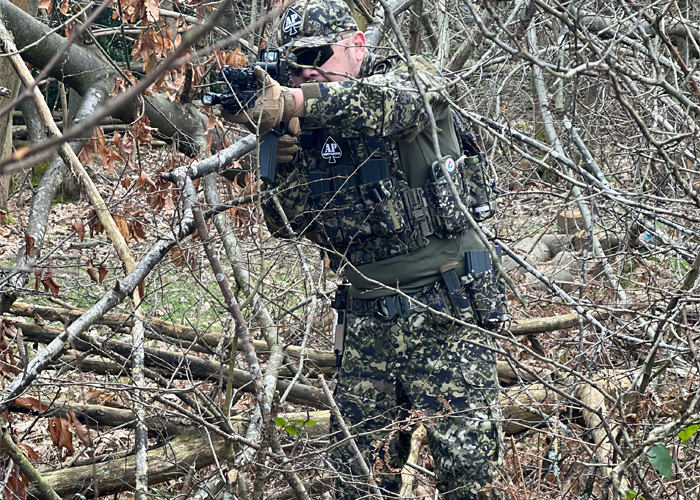Heckler & Koch Loses Case Against Airsoft Seller
Logan
28 Sep 2011

If you have heard the last from Heckler & Koch in their lawsuits against airsoft companies in the US last year, it's not yet over. Thank goodness for the power of search engines, I have found a story about the latest case that Heckler & Koch filed against a Texas-based airsoft seller, Generation Guns, via Continental Enterprises, and lost.

Here's the summary of the case:
"An-Hung Yao and Yu-Ting Lin were each charged with three counts of counterfeiting, Class D felonies; three counts of theft, Class D felonies; and one count of corrupt business influence, a Class C felony. They each filed a motion to dismiss all the charges against them. The trial court granted the motions to dismiss as to the counterfeiting charges, but denied the motions as to the remaining charges. Both sides appeal the trial court's order. In their consolidated interlocutory appeal, Yao and Lin raise two issues concerning the trial court's denial of their motions to dismiss as to the theft and corrupt business influence charges: 1) whether the trial court had jurisdiction over them; and 2) whether, as a matter of legal sufficiency, violation of a trademark constitutes theft. In its cross-appeal, the State contends the trial court erred in granting Yao's and Lin's motions to dismiss as to the counterfeiting charges, raising the issue of whether the items alleged to have been counterfeited constitute a written instrument. Concluding the trial court lacked territorial jurisdiction because there is no evidence any conduct that is an element of the alleged offenses occurred in Indiana, we affirm that part of the trial court's order dismissing the counterfeiting charges and reverse and remand with instructions for the trial court to dismiss the remaining charges."
In this latest case, Continental Enterprises, a company specializing in intellectual property protection, by sharing its information with the Indiana State Police, brought charges of counterfeiting, theft and corrupt business influence against Generation Guns, which is owned by An-Hung Yao and Yu-Ting Lin in the State of Indiana, where Continental Enterprises is based.
Investigators of Continental Enterprises ordered via email and visiting the company's Houston, Texas office and have the items they purchased shipped to Indiana and reported to the State Police. With these actions, charges mentioned above were brought to Generation Guns. However, the owners filed for motions to dismiss:
"Yao and Lin each filed a motion to dismiss the charges against them, alleging the theft counts should be dismissed because a trademark cannot be stolen, the counterfeiting counts should be dismissed because the airsoft guns are not a 'written instrument,' and the corrupt business influence count should be dismissed because it is based solely upon the untenable theft charges. Lin also alleged in her motion that Indiana lacked jurisdiction because no part of the conduct constituting an element of the alleged offenses occurred in Indiana."
The State of Indiana contends that the crime was committed in the Indiana due to the fact that the airsoft guns were shipped to the State from Texas by the respondents:
"The State contends that Yao and Lin committed elements of their alleged crimes in Indiana when employees of Generation Guns discussed the airsoft guns with Continental's Indiana-based investigators over the phone and communicated by e-mail and also when they placed the airsoft guns in commerce in Indiana by shipping them here. Specifically, as to the theft charges, the State responded to the motions to dismiss by asserting Yao and Lin exerted unauthorized control of the trademark in Indiana when they sold the airsoft guns to persons in Indiana and had them delivered to an Indiana address. The State further asserts Yao's and Lin's intent to deprive H&K of the value of the trademark existed both when the sale was made to persons in Indiana and when the delivery was made in Indiana. Referring to the definition of "utter" with respect to the counterfeiting charges, the State asserts Yao and Lin transferred, delivered, and/or presented the airsoft guns to a designated location in Indiana. The State also notes that jurisdiction can exist in more than one state and, therefore, the fact that Texas might also have been able to prosecute Yao and Lin is irrelevant. See Alkhalidi v. State, 753 N.E.2d 625, 627 (Ind. 2001) ("Two states can each have concurrent jurisdiction over a crime with the proper nexus to both."). The State therefore argues Indiana has jurisdiction over Yao and Lin and the trial court correctly denied their motions to dismiss on this basis."
However, the Court of Appeals of the State of Indiana disagrees with the Trial Court and thus said:
"The facts are undisputed: Generation Guns is a Texas business, receiving its wares from Taiwan. Continental investigators initiated contact with Generation Guns by telephone, by e-mail, and by personally visiting the warehouse in Texas. There is no indication Generation Guns has even a minimal internet presence, let alone a significant or interactive one aside from the use of e-mail to confirm orders. There is no indication that Generation Guns attended trade shows in Indiana or otherwise specifically marketed its products to customers in Indiana. Generation Guns' sole contact with Indiana was answering a few phone calls from Indiana, receiving an e-mail originating in Indiana, sending an e-mail to a customer in Indiana, and addressing packages to be delivered to Indiana at the direction of the customer. Even assuming the allegations of the informations are true, Yao and Lin committed no purposeful conduct in or directed to Indiana.
As in Smith, as between the two choices — one, Yao and Lin committed a separate crime in every jurisdiction to which they sent airsoft guns, or two, they committed a crime only in the place where they actually possessed the airsoft guns — we find the second choice to be the more reasonable, and the one that comports with due process. These are not crimes which are intended to result in harm to people in Indiana such that Indiana would have an interest in protecting its citizens through the exercise of extra-territorial jurisdiction; the harm, if any, is to H&K, and there is no evidence that H&K has a presence in Indiana. Accordingly, we hold Yao and Lin have met their burden of proving there is no evidence that any element of the alleged crimes was committed in Indiana, and the trial court should have granted Yao's and Lin's motions to dismiss as a matter of law for lack of territorial jurisdiction.
Because we hold the trial court should have granted the motions to dismiss on the basis of a jurisdictional impediment to the prosecution, we need not address the substantive claims regarding the crimes themselves.
Conclusion
The trial court abused its discretion by denying in part Yao's and Lin's motions to dismiss. There is no significant evidentiary dispute that no element of the crimes alleged occurred in Indiana, and the informations should have been dismissed as a matter of law because of a lack of territorial jurisdiction. The judgment of the trial court is affirmed in part, reversed in part, and this case is remanded for entry of an order granting the motions to dismiss as to all charges."
That's one case down though we haven't heard of the progress of the other cases filed by the H&K through Continental Enterprises in the past year whether there were out of court of settlements or still going through the hearing process. But one thing for sure, H&K is now part of The Tabberone Trademark & Copyright Abusers' Hall Of Shame.
You can read the full document of the case against Generation Guns here. Many thanks to Primo for his pro-bono legal service in explaining the case to us.

